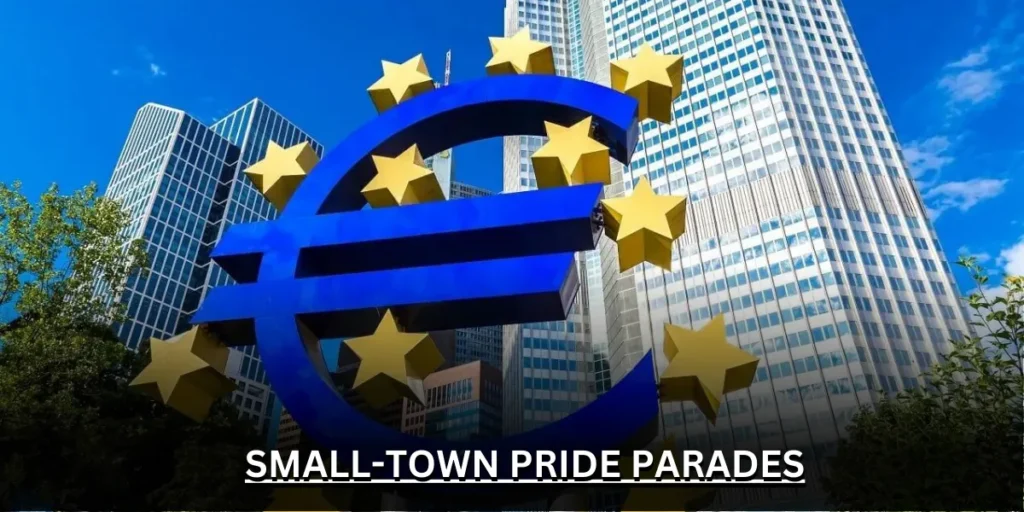
ECB Considers Next Steps as Inflation Remains High
European Central Bank Frankfurt, Germany – July 2, 2024 The European Central Bank (ECB) is facing a tough decision. Inflation in the eurozone, the area that uses the euro currency, remains stubbornly high. This means prices for everyday goods and services are rising faster than usual, hurting people’s wallets.
European Central Bank The primary responsibility of the ECB is to manage inflation. They aim for an inflation rate of around 2% per year. This is a healthy level that allows for some price growth but not too much. However, recent figures show inflation is much higher, closer to 5%.
European Central Bank To fight inflation, the ECB can raise interest rates. Interest rates are basically the price of borrowing money. When they go up, it becomes more expensive for businesses and individuals to take out loans. This can slow down the economy and bring inflation down.
The ECB cut interest rates in early June, hoping to boost the economy after the COVID-19 pandemic. But with inflation still high, they might need to change course.
Some ECB policymakers believe another interest rate cut is an easy decision. They argue that inflation will eventually come down on its own. Others are more cautious. They worry that if they wait too long, inflation could become entrenched and even harder to control.
This balancing act is not easy. Raising interest rates can slow economic growth and even lead to a recession. The ECB wants to bring down inflation without hurting the economy too much.
The next ECB meeting is scheduled for July 24th. Investors and economists are watching closely to see what the bank decides. A rate hike is considered likely, but the size of the increase remains uncertain.
Further Challenges European Central Bank
The ECB is also facing other challenges. The war in Ukraine is pushing up energy prices, which is adding to inflationary pressures. Supply chain disruptions caused by the pandemic are also contributing to the problem.
The bank is walking a tightrope. They need to act decisively to bring down inflation, but they also need to be careful not to damage the economic recovery. The coming weeks will be crucial as the ECB decides on its next steps.
Citizen’s Impact European Central Bank
For everyday people in the eurozone, a high inflation rate means their money buys less. Groceries, gasoline, and other necessities are becoming more expensive. This can put a strain on household budgets and lead to a decline in living standards.
The ECB’s decisions will have a real impact on people’s lives. By controlling inflation, the bank can help to ensure that the euro remains a stable currency and that people can afford the things they need.

